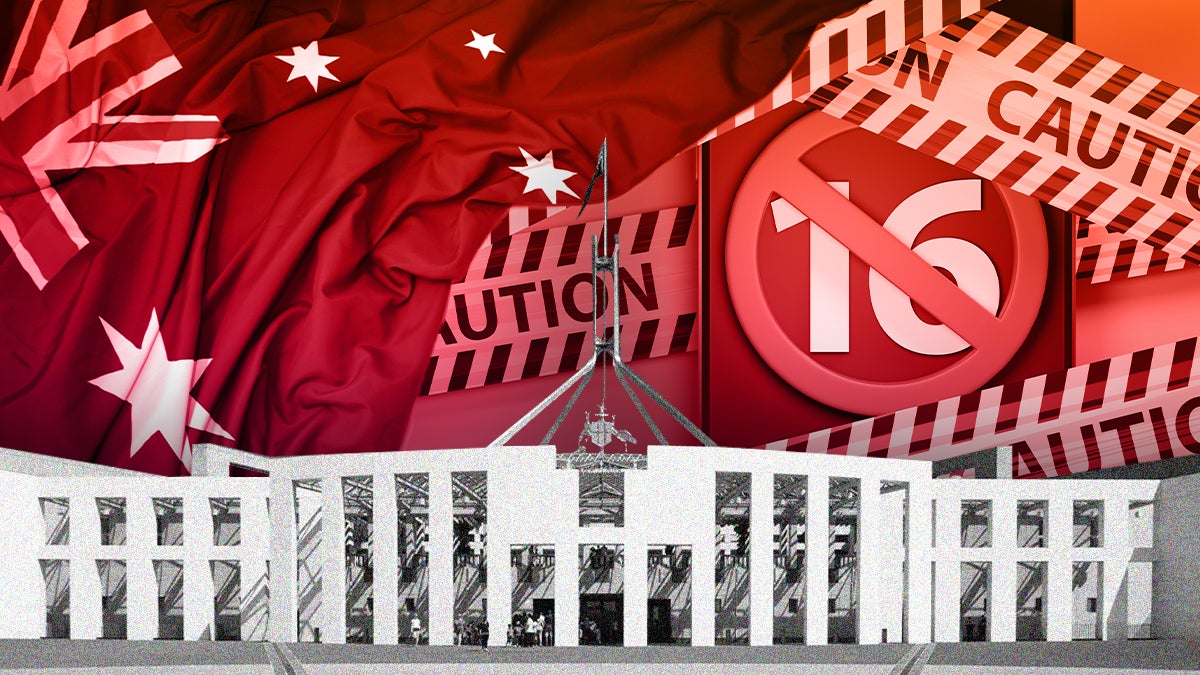
On Nov. 27, less than a month after it was first introduced, Australia officially approved a law that bans social media — including Facebook, Instagram, TikTok, Reddit, and Snapchat — for those under 16 years old.
Per this divisive law, Big Tech companies will be responsible for stopping minors from accessing their sites. If they fail to do this, they face fines of up to $32 million, Reuters report.
The outlet also claims that the law will come into effect in November 2025. Meanwhile, a trial run of methods used to prevent minors from using these websites will begin in January 2025.
What kind of social media age verification will be required in Australia?
According to TechCrunch, social media platforms must prove they’re taking “reasonable steps” to ensure age verification measures are working.
There isn’t a lot of information on what exactly these measures are. However, they may well build upon existing age verification methods employed by social media sites.
For instance, as The Guardian reports, companies like Meta have ways of identifying users who are faking their age. They do this by analyzing patterns of behavior that are more indicative of younger users. Meanwhile, Instagram Australia’s age-verification methods include uploading an ID, a facial age estimator, or getting verification from another person over 18.
However, Reuters reports that some of these platforms’ parent companies, like Google and Meta, requested that the Australian Government wait until the results of an age-verification trial before ratifying the law.
“In the absence of such results, neither industry nor Australians will understand the nature or scale of age assurance required by the bill, nor the impact of such measures on Australians,” Meta said in a submission obtained by Reuters.
Although there was little information given about how this trial will work, Australian Prime Minister Anthony Albanese said in a statement (cited by The Guardian) that the pilot “will identify available age assurance products to protect children from online harm, and test their efficacy, including in relation to privacy and security.”
Still, TechCrunch reports that a senate committee did include a last-minute amendment to the law. Namely, that social media platforms do not require users to submit personal data like a passport in order to verify their age.
Though social media can have both positive and negative mental health impacts, there has been worldwide worry about youth mental health and social media. With the Surgeon General in the US even expressing his concerns, it wouldn’t be surprising if similar laws, like one recently proposed in Florida, get ratified statewide or even nationally.




